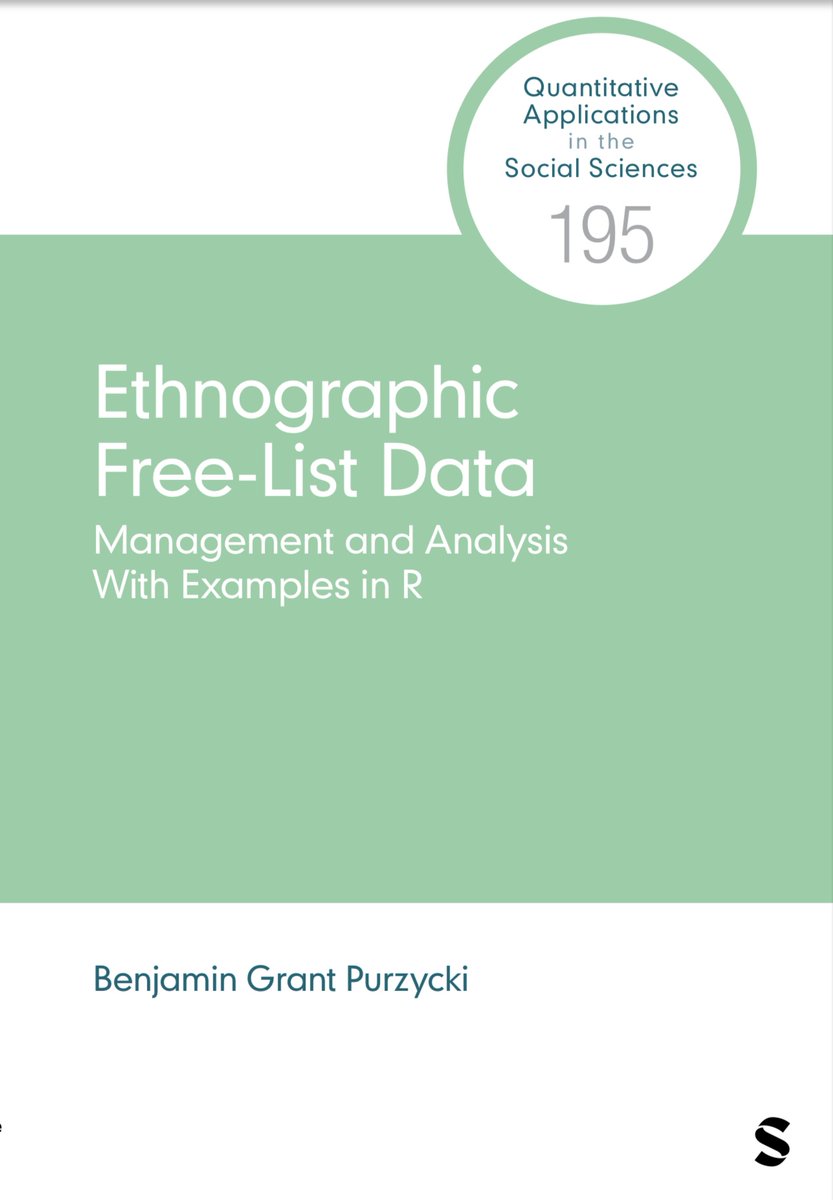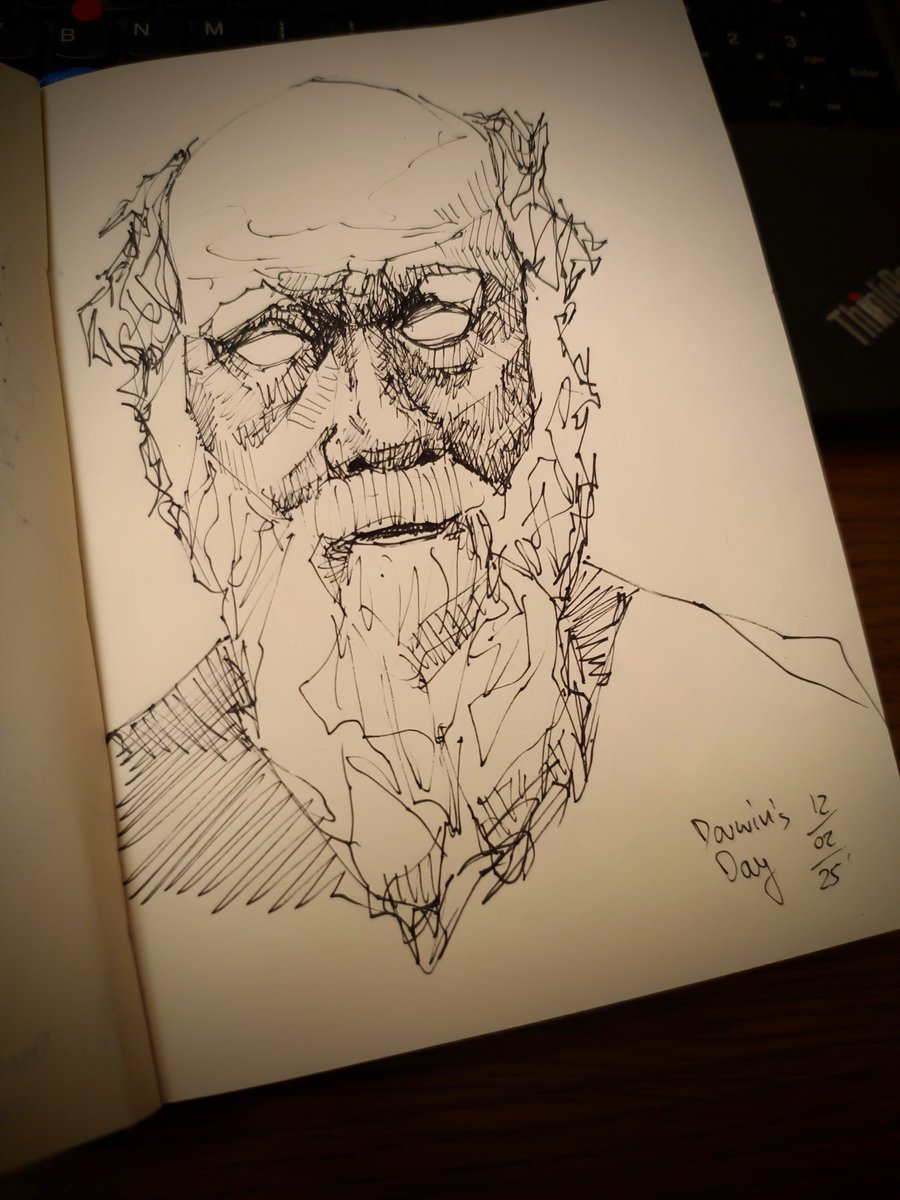
Pawel Chyc
@pawelchyc
Cognitive anthropology, ethnography (Bolivian Amazonia). Cultural epidemiology, CESR, cultural evolution, 4E, active inference and... drawings of #aphantasia.
ID: 758798149
https://scu.uwb.edu.pl/pawel-chyc/ 15-08-2012 07:15:53
366 Tweet
305 Takipçi
1,1K Takip Edilen



"belief that other people can have magical powers, trained or innately, is largely missing from the evo & cog sci lit despite being a common theme in the ethnographic lit... these beliefs do not seem to be declining—in fact, they may even be increasing" link.springer.com/article/10.100…

This is a great thread and a set of very good points from Tadeg Quillien (whom you should all follow). I appreciate the friendly pushback. Here is my response.

Interested in examining culture, cultural models, and what people think, know, and believe? New book from RCC’s BG Purzycki coming soon as part of Sage Methods’ “Little Green Book” series! collegepublishing.sagepub.com/products/ethno…




Razib Khan 🧬 ✍️ I don't know Atran's critique but much of contemporary cultural anthropology is opposed to systematizing like this. These databases are not something most are even aware of. They are more typically used by scholars at the interface of cultural evolution and anthropology.




Job offer! 3-year PDRA studying archaeological content on social media from a cultural evolution perspective. Based at Edinburgh, supervised by Chiara Bonacchi and myself. Please share! jobs.ac.uk/job/DLZ921/pos…


1. Does research by Cara Ocobock Agustín Fuentes & others, widely reported in SciAm & elsewhere, finally dispel hunter-gatherer myths that have persisted since the 60's? In a preprint led by Vivek V. Venkataraman The Meanings&Dividends of Man the Hunter osf.io/preprints/osf/… we respond🧵














